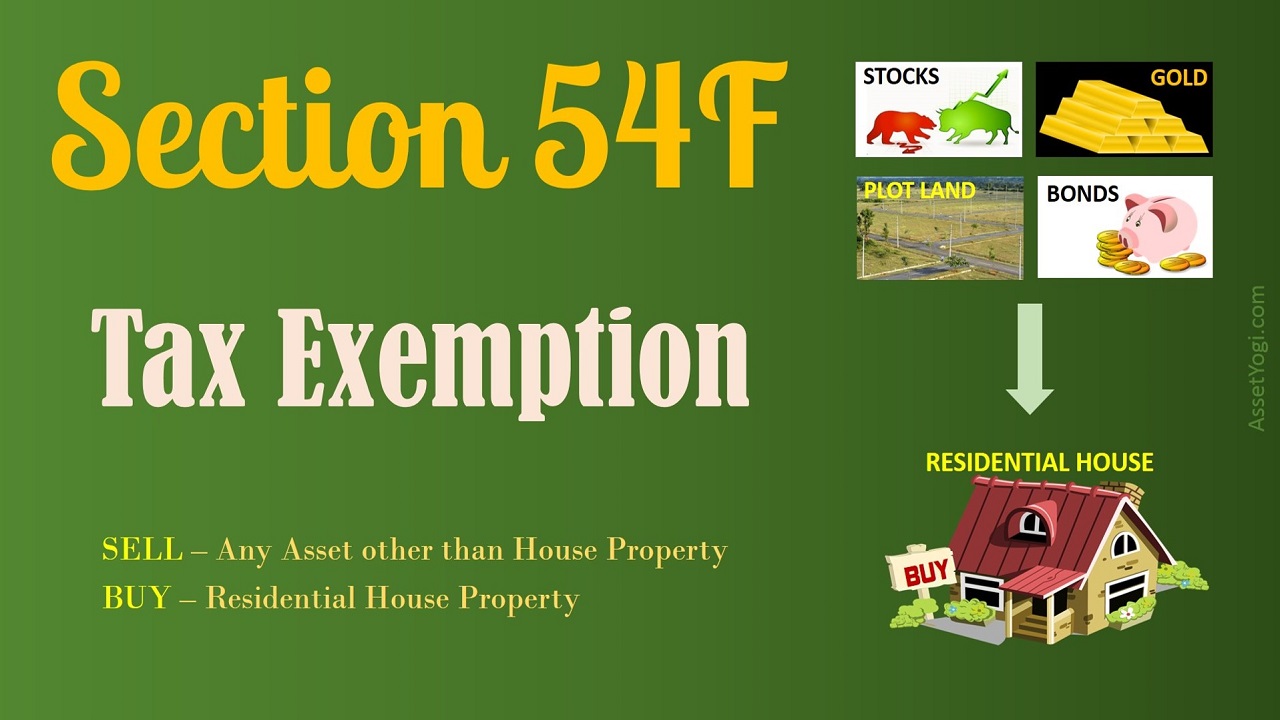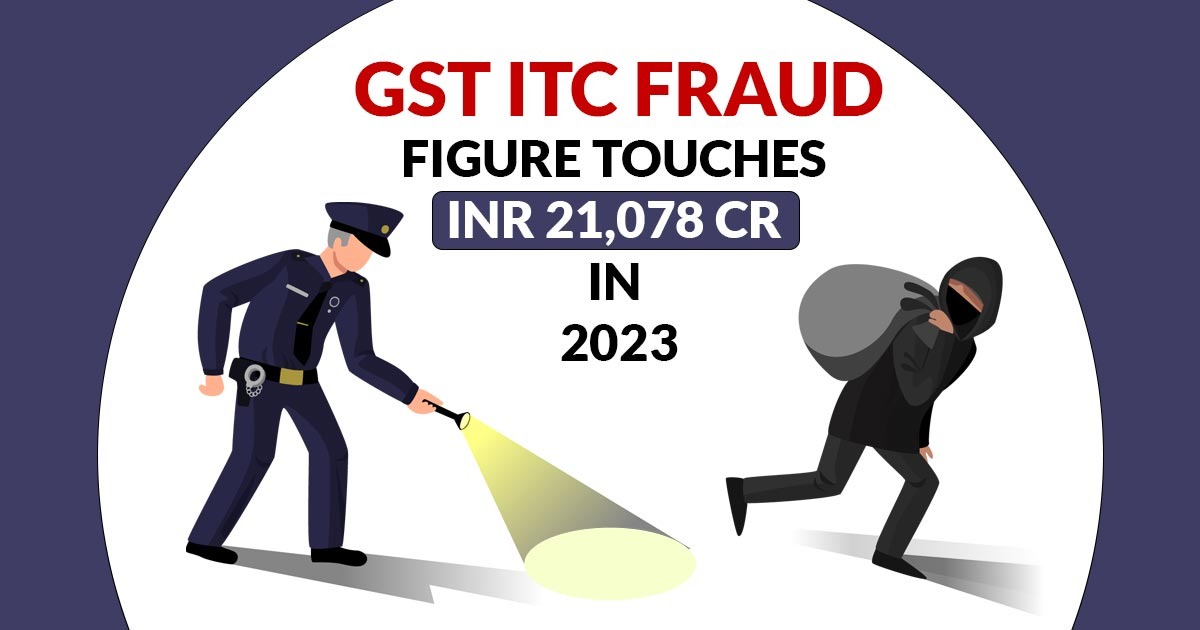Spankie, J.@mdashThe first condition of the deed was that the money borrowed should be repaid with interest at the rate of Re. 1-12-0 per cent. per mensem on Katik Sudi Puran Mashi, Sambat 1930. The next condition is that for the further satisfaction of the creditor the debtor hypothecates certain property until repayment of the loan, promising not to alienate the same in any form or shape. The third condition is that the debtor will pay interest every six months, and if he fails to do so, he will pay compound interest in future. Then comes the fourth condition that if he fails to pay the loan with interest at the stipulated time, the creditor shall be at liberty to realise the money from the debtor personally and from his property in the best way he can. The case appears to me to be very similar to that of Baldeo Pandey v. Gokal ILR 1 All. 603 to which I was a party. If the debtor was unable to repay the money at the stipulated time, the creditor would allow it to remain out with the debtor on the understanding that the property hypothecated remained hypothecated for principal and interest until repayment. The stipulation regarding the payment, not the rate, of interest is perhaps rather a declaration as to the mode of payment than a condition. But there is the condition in case of failure "to pay compound interest for the future," that is to say, until repayment. I fail to perceive on what principle it should be assumed that the creditor would allow his money, payable at a particular date, to remain unpaid, but would content himself with less interest than that at which he originally lent the money. I hold that the deed contains a contract for the payment of interest after due date at the rate of Re, 1-12-0 which was payable before due date, and that on any default compound interest might be charged. If I did not hold this view, I should then be of opinion that the plaintiff was entitled to the interest claimed, as there does not seem to be anything unreasonable in the rate agreed upon as interest for the money lent or in the arrangement provided in case of default.
2. The Subordinate Judge has found that the covenant to pay compound interest must be regarded as a penal clause in the deed. I do not think that it is so, and there is nothing in the law which forbids a decree for such interest when there has been an agreement to pay it. I would modify the judgment and allow compound interest which has been disallowed by the Subordinate Judge, thus decreeing the appeal with costs.
Oldfield, J.
3. I concur in the proposed order.

